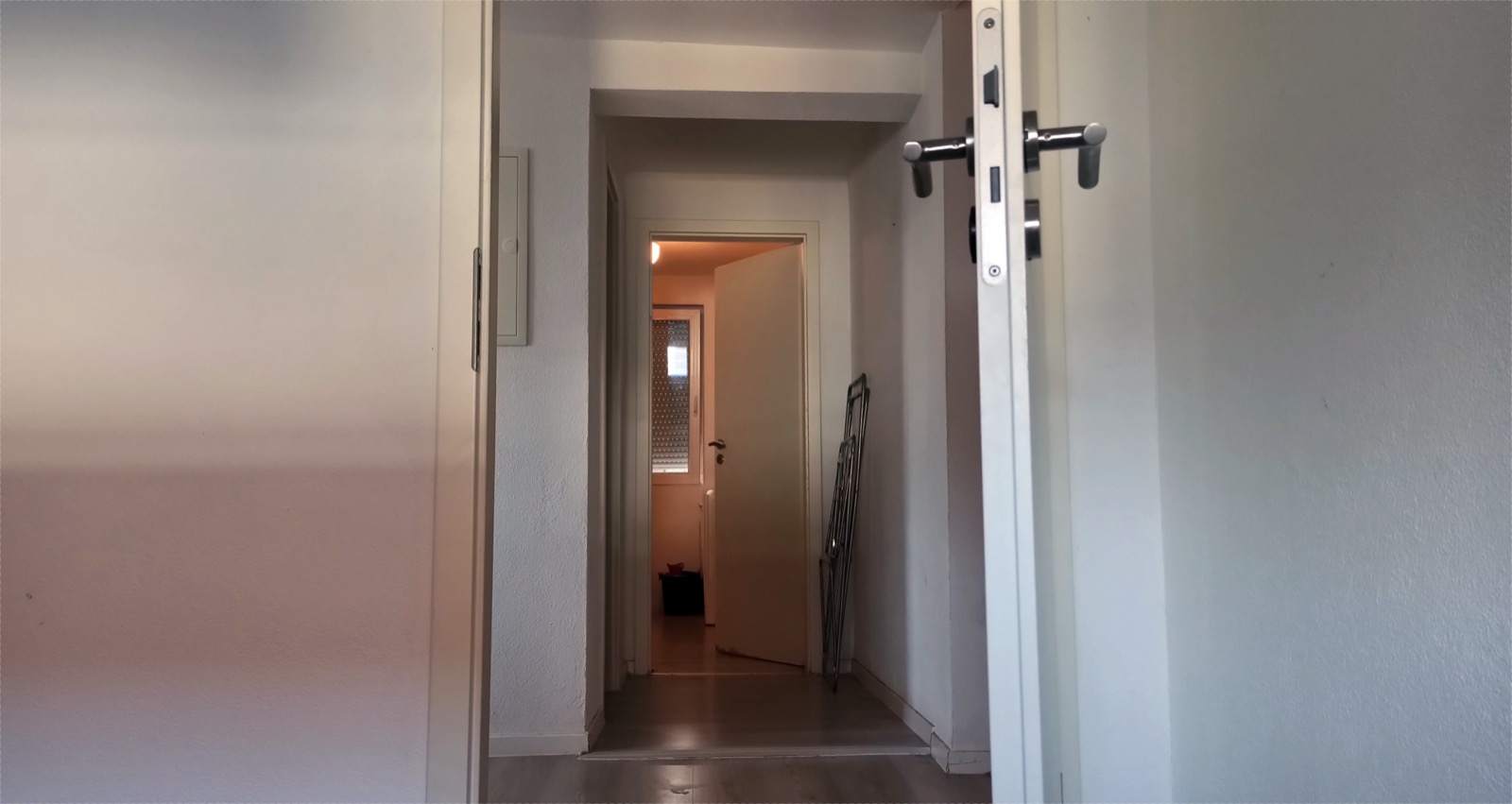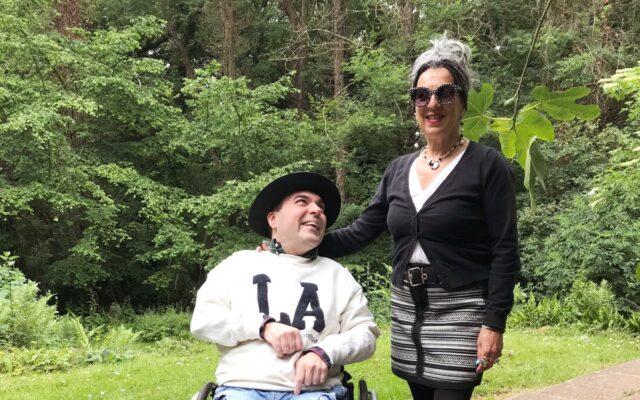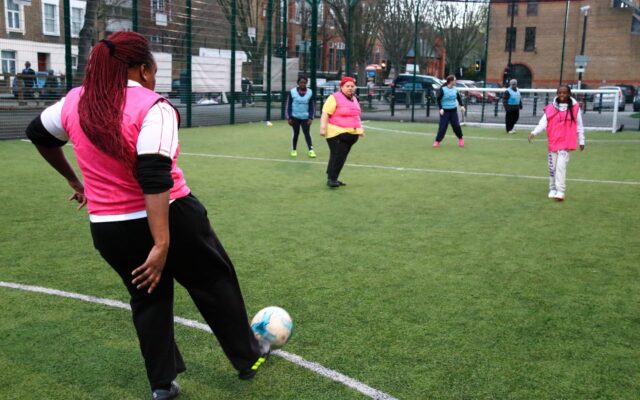Following a landmark ruling, the health and social care secretary has apologised for the abuse and human rights breaches experienced by a learning disabled and autistic man at a Devon care home.
The apology, issued by Victoria Atkins earlier this year, was part of a settlement approved by the high court late last year.
Ben was subjected to a regime of cruel and inhumane treatment at Veilstone care home, where he lived between May 2010 and October 2011. This included excessive restraint, denial of family contact and the repeated use of a “quiet room” as punishment.
The claim under the Human Rights Act was brought against the local authority and NHS commissioners of Ben’s placement at Veilstone – Devon County Council as well as NHS Devon and Plymouth and Torbay Primary Care Trust.
The secretary of state for health inherited legal responsibility for the claim as the original NHS commissioner no longer existed as a legal entity.
Veilstone was funded by the commissioners as an aftercare placement for Ben after he was discharged from Winterbourne View Hospital, where he also experienced abuse.
Court proceedings were issued for Ben and his mother in 2012.
The legal claim was stayed pending the outcome of three criminal trials against former staff members at Veilstone. Twelve workers were convicted of mistreating residents including Ben in 2017.
The settlement is legally significant because the final order issued by the high court declares that Ben’s rights under articles 3 (the right not to be subjected to torture or inhuman or degrading treatment or punishment) and 8 (the right to a family and private life) of the European Convention on Human Rights (ECHR) were breached as a result of his mistreatment at Veilstone, and that the article 8 rights of Ben’s mother Claire were also violated.
He was denied regular and private unmonitored communication with his family and his phone calls were listened to and recorded by staff
The breaches of Ben’s human rights included inhuman and degrading treatment contrary to article 3 of the ECHR:
- A general standard of care at Veilstone that was wholly unacceptable and amounted to systematic neglect and cruelty. Ben was subjected to a regime of punishment and control. His toys and clothes were confiscated from him because they were not “age appropriate”. He had to complete chores and cleaning in the home before he was allowed trips out or phone calls with his family
- False imprisonment in a quiet room – a small, locked room without natural light, a bed or a toilet. Records showed that Ben was sent to the quiet room on 117 occasions, sometimes overnight, and that he would sometimes wet himself and be left in his own urine. Ben would often cry out and scream and self-harm without staff intervening or releasing him from the room
- Unnecessary and disproportionate use of physical restraint against Ben.
Violation of Ben’s right to a family life contrary to article 8 ECHR included how:
- Staff pursued a policy of limiting and controlling Ben’s contact with his family, as part of Veilstone’s behaviour management regime
- Ben’s family visits were inappropriately restricted, on occasion as a means of control and punishment. Ben’s family were not permitted to see him at all during his first month at Veilstone
- He was denied regular and private unmonitored communication with his family. His phone calls were listened to and recorded by staff. Ben’s records show that he would repeatedly ask to see or speak to his family and that, at times, he would call out for his mother when he was in the quiet room.
Staff at Veilstone documented the abuse against Ben and his reactions to this in daily records.
His family raised concerns about the regime from an early stage. They contacted the commissioners about the closed culture, and that staff did not listen to family suggestions or concerns.
Ben’s sister wrote to his psychiatrist in June 2010 to explain that he would understand the limits on family visits as a punishment against him. She raised concerns that Ben was not allowed to communicate via Makaton (a communication tool) and that he was not being permitted to do activities he enjoyed such as dressing up.
Ben remained at Veilstone until October 2011, when he was removed on an emergency basis after a Care Quality Commission inspection revealed the quiet room and unlawful deprivation of liberty of residents at Veilstone.
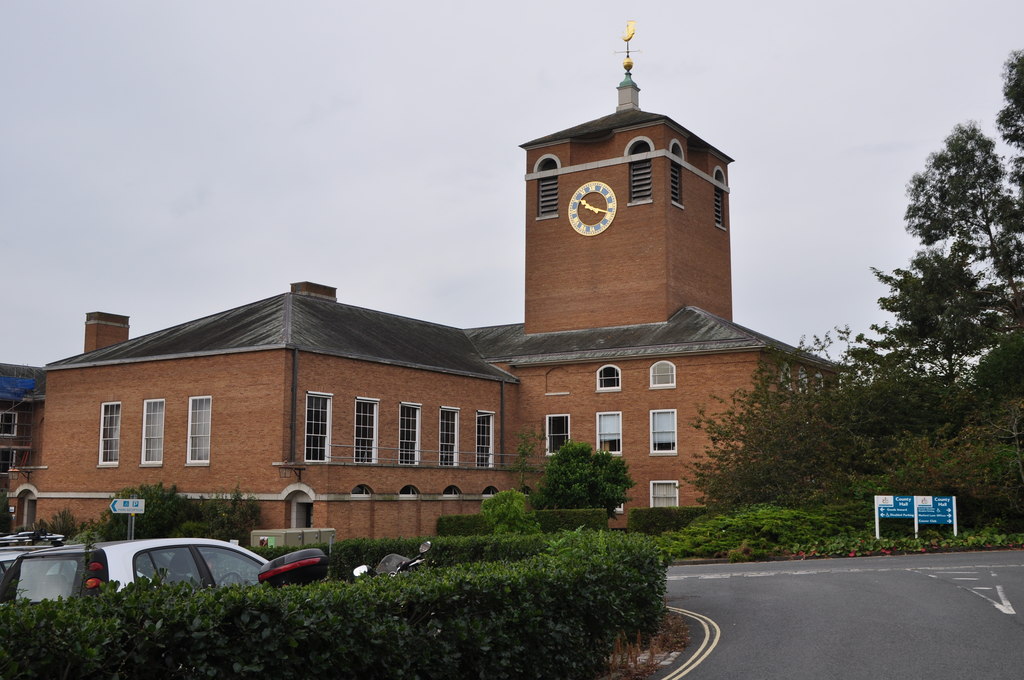
Long-term psychiatric harm
An expert psychologist instructed by Ben’s solicitors diagnosed him with post traumatic stress disorder as a result of the abuse he had suffered at Veilstone. The defendant commissioners accepted that Ben had been caused psychiatric harm and that he remained affected by the abuse to this day.
Claire and Ben have always been very close and were used to seeing each other regularly and speaking often. When Ben lived at Winterbourne View, he would see his mother around every two weeks, if not more frequently.
Claire’s right to a family and private life (article 8 of the ECHR) was breached when Ben lived at Veilstone.
Veilstone staff pursued a policy of controlling Ben’s contact with his mother by limiting the extent of their contact through restricting the content of their conversations by not permitting them to have private telephone conversations.
Claire was reprimanded by staff for behaving too “childishly” with Ben when she joked with him and had fun on family outings, or when staff listened to her phone calls with her son.
Her visits were often cancelled by staff at the last moment. At one point towards the end of Ben’s placement, Claire was not allowed to see or speak to Ben for 42 days, causing her huge distress.
She understands Ben was told during this period that she had died. She made a complaint to
the commissioners and contacted her MP.
When she was allowed to see Ben again, staff shadowed them during her visit. The violation of Claire’s right to a family life had a profound impact upon her and her relationship with Ben.
Claire was not allowed to see or speak to Ben for 42 days, causing her huge distress. She understands Ben was told during this period that she had died
She had to endure the very difficult process of sitting through all the criminal trials relating to abuse at Veilstone, listening to extensive evidence about the systemic abuse of vulnerable adults, including her son.
Claire remains affected by her traumatic memories of her own mistreatment by Veilstone staff while also supporting Ben to live with the effects of the abuse he suffered there.
The court-approved settlement for Ben included formal declarations that the defendant commissioners acted unlawfully because Ben and Claire’s human rights had been violated, and ordered compensation to be paid to Ben and Claire (a confidential amount).
The defendants also agreed to make formal apologies to Ben and his family.
Ben and Claire were represented by Catriona Rubens and Alison Millar of Leigh Day solicitors and Jeremy Hyam KC of 1 Crown Office Row Chambers
Blog post on case by Leigh Day
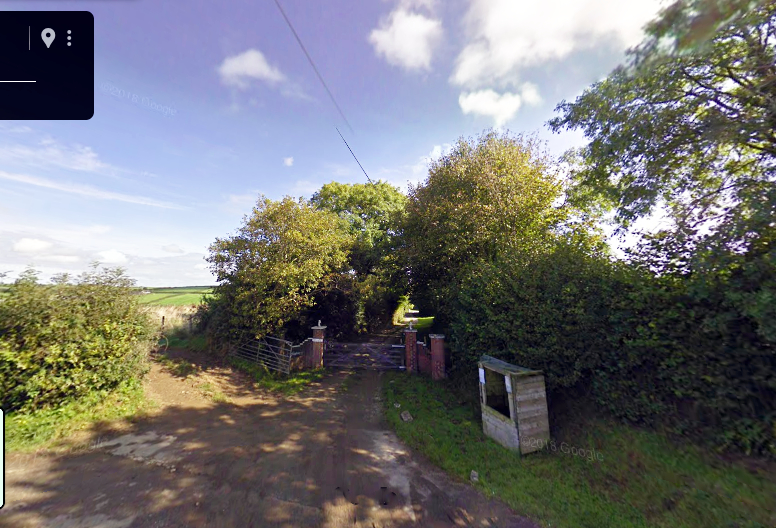
Photos: Lewis Clarke/geograph.org.uk/CC BY-SA 2.0 Deed; Google Maps; Almanta/Wikimedia Commons/CC BY-SA 4.0 Deed


